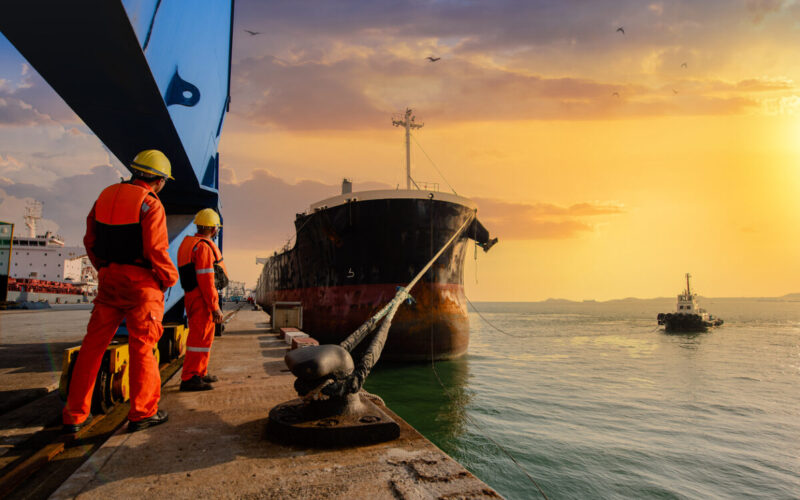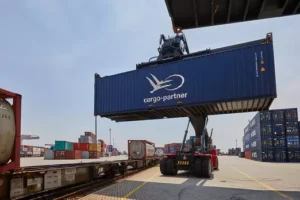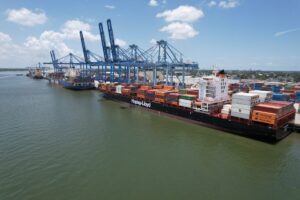DNV has emphasized the challenges that seafarers encounter at sea while reviewing methods to address these issues.
In its recent ‘Maritime Energy Transition Summit’ webinar on 8 February, DNV discussed the importance of the workforce’s well-being.
Cristina Saenz de Santa Maria, Regional Manager in South East Asia Pacific and India, Maritime, DNV, interviewed Steven Jones, Founder of The Seafarers Happiness Index (SHI).
SHI examines the well-being and work satisfaction of the workforce worldwide, shedding light on many elements of seafarers’ lives, such as working conditions, access to welfare services, social contact, mental health, and overall job satisfaction.
The project is run by the Mission to Seafarers, a multinational non-profit devoted to improving the lives of maritime workers, and it cooperates with other industrial partners, academic institutes, and marine bodies to collect and analyse data.
READ: New survey explores impact of decarbonisation on seafarers
Jones said: “The SHI mechanism is about asking questions to seafarers and discovering their morale. A lot still needs to be done to make the workflow better for seafarers.
“Companies need to make sure that they have the empathy, ability and willingness to support seafarers to make the appropriate changes.”
Jones reported significant results from SHI in 2023, with a continuous reduction in general sentiment across all quarters, with workers emphasizing difficulties surrounding their treatment onshore, with people treating them disrespectfully.
READ: ITF collects $120 million in unpaid wages for seafarers
He identified the example of workers being denied shore leave when attempting to enter a port, as well as poor management at onshore offices, to demonstrate why seafarers believe they are not valued.
Jones also revealed that by the end of the fourth quarter of the SHI 2023 report, workers saw that the security situation in the Red Sea had deteriorated.
“This led to a spike in workload as ships were trying to prepare themselves for better security,” explained Jones.
“But, they did not have extra people onboard or the resources to do so, which led to watchkeeping intensifying the preparation with no resources built in to deal with that.”









